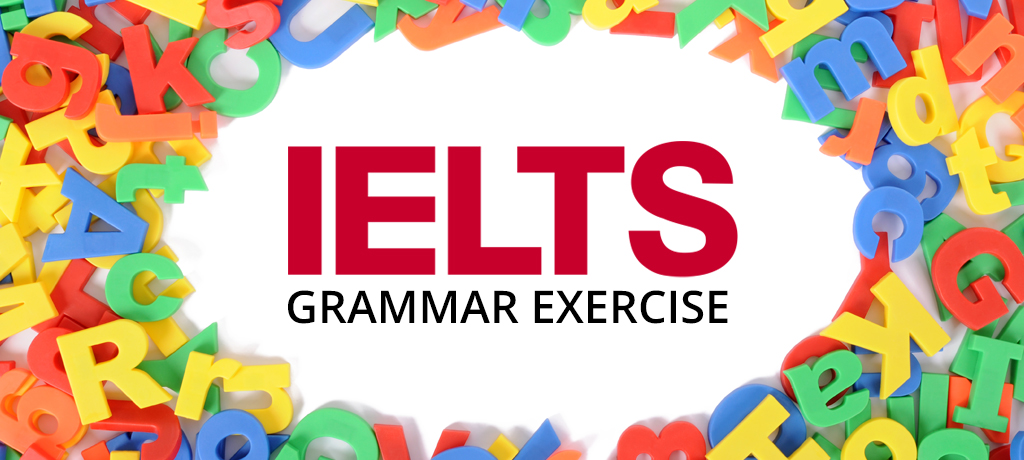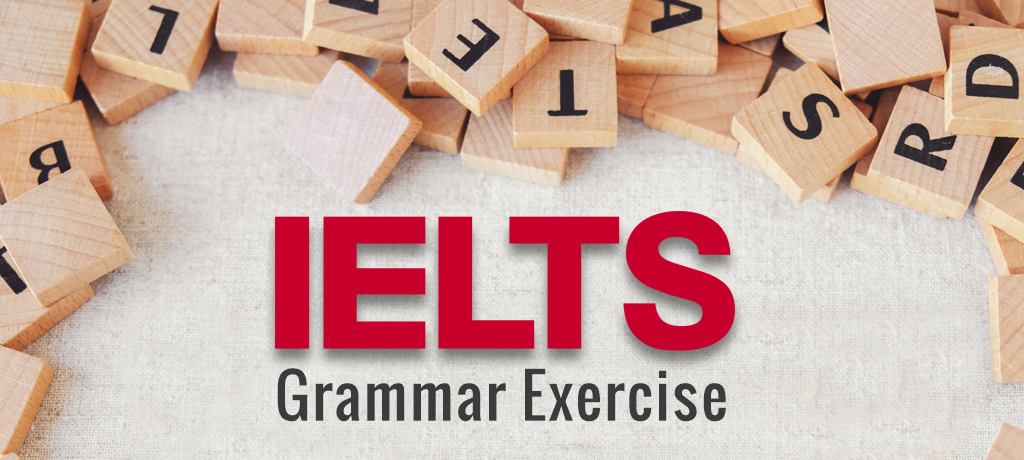I. Tick the correct sentence in each pair.
1 a If workers are sick, they must to stay home and rest.
b If workers are sick, they must stay home and rest.
2 a In this way, children can learn from what they have done.
b In this way, children can learning from what they have done.
The following modal auxiliary verbs are followed by the infinitive without to: can, could, may, might, must, shall, should, will, would:
When travelling we should respect the customs of the countries we visit. (not should to respect; should respecting)
Modal verbs from questions and negatives without using do:
Can I help you? (not: Do I can help you?)
Will you meet me when I arrive? (not Do you will meet me)
You mustn’t worry about me. (not You do not must worry about me.)
When we talk about obligation or necessity using have or need, we use to + infinitive:
I have to finish my assignment this weekend.
I need to talk to you
In questions and negatives, have to and need to behave like normal verbs and we use do:
Do you have to pay extra for break-fast? (not have you to pay)
They said I don’t need to bring my own sleeping bag. (not I needn’t to bring)
II. Correct the mistake below.
You can’t to smoking in this restaurant.
You ……………………………………………… .
III. Correct the mistakes in the sentences below.
- Nowadays, you can to find internet facilities in most hotels.
- We do not should accept this situation any longer.
- If we want to fix this problem, we must trying our best to change our attitude.
- We haven’t to stop using cars altogether but we do have to use them less often.
- Do we can solve the problem of greenhouse gases in our lifetime?
- Need you to take any food and drink with you, or are there shops there?
- ‘Paula, you really must to study harder if you want to pass the exam.’
- In my school, we have to left our mobile phones at home.
-ing or to + infinitive?
I. Tick the correct sentence in each pair.
1 a I just managed to avoid hitting the car in front of me.
b I just managed to avoid to hit the car in front of me.
2 a I want telling you a little about myself.
b I want to tell you a little about myself.
We use to + infinitive after the following verbs: ask, afford, decide, deserve, help, hope, learn, offer, prepare, promise, refuse, seem, want, would like:
Summer seems to arrive later and later these days.
Nowadays most people would like to have more money.
Learn how is also followed by to + infinitives:
I want to learn how to drive before I go to university.
After some verbs, we use – ing: avoid, carry on, consider, deny, enjoy, finish, give up, imagine, involve, keep, like, mind, practice, recommend, resist, suggest:
I really enjoy watching movies at the cinema. (not enjoy to watch)
Look forward to is also followed by – ing:
I look forward to hearing your reply: (not I look forward to hear your reply.)
We also use – ing after spend money and spend time:
We spent a lot of money buying CDs last month. We spent $200 buying CDs last month.
She spent a lot of time looking for information on the internet. She spent over three hours looking for information on the internet.
Note that like can be followed by – ing or to + infinitive.
II. Correct the mistake below.
We’ve spent over $300 to buy food for the party.
We’ve spent ……………………………………………. .
III. Fill in the gaps in the following sentences using the verb in brackets.
- When I was a student, we couldn’t afford ……………………………new textbooks. (buy)
- I was 13 when I first learnt how ………………………. . (ice skate)
- What are you most looking forward to ………………………when your course finishes? (do)
- ‘Keep ……………………………the soup so that it doesn’t stick to the bottom of the pan.’ (stir)
- My parents have promised …………………………..me buy a car when I graduate. (help)
- The children spent a long time ………………………..the best present for their mother. (choose)
- I’ve decided …………………..medicine at university. (study)
- Our teacher suggested ………………………a barbecue on the last day of term. (have)




